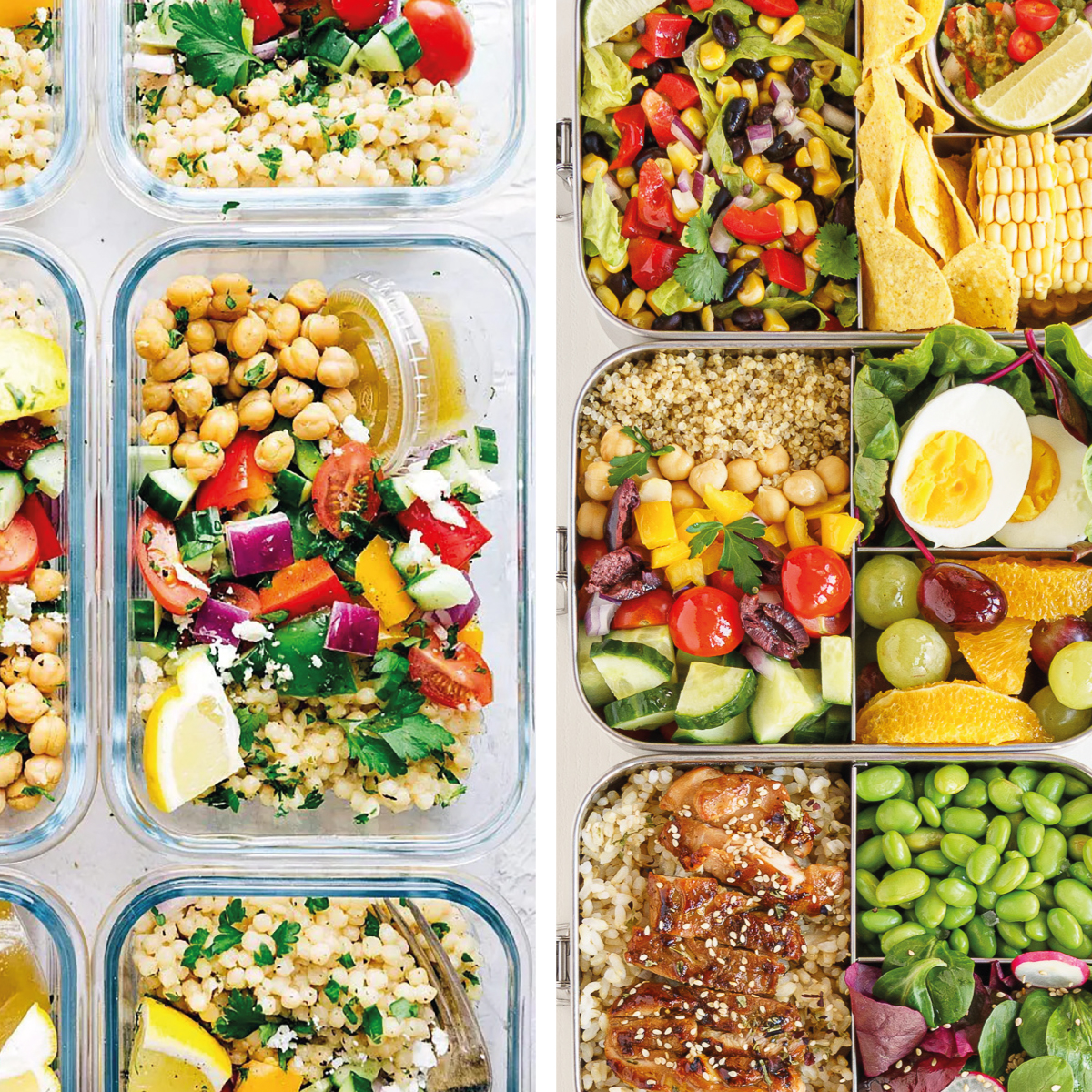INTRODUCTION
Weight loss healthy dinner meals doesn’t necessitate compromising on taste or enduring uninspiring meals. By opting for the right ingredients and cooking techniques, you can relish healthy, delectable dinners that align with your weight loss goals.

The Significance of Weight loss healthy dinner meals
Dinner often serves as the final meal of the day and can greatly influence your overall caloric consumption. Consuming a well-balanced dinner ensures your body obtains essential nutrients without overindulging in calories. It also helps mitigate late-night hunger pangs, which are frequently a source of empty-calorie snacks.
Components of a Healthy Dinner
To craft a Weight loss healthy dinner meals that facilitates weight loss, strive to include the following elements:
- Lean Protein Sources: Protein contributes to satiety and aids in preserving muscle mass during weight loss. Options include skinless chicken breast, lean turkey, fish, tofu, tempeh, legumes, and lentils.
- Fiber-Packed Vegetables: Vegetables are nutrient-dense and low in calories, making them indispensable for weight management. They enhance fullness and deliver vital vitamins and minerals.
- Whole Grains or Complex Carbohydrates: Incorporate slow-digesting carbs like quinoa, brown rice, or sweet potatoes for prolonged energy. These options prevent rapid spikes in blood sugar levels.
- Healthy Fats: Incorporate fats from sources such as avocados, olive oil, nuts, and seeds. These provide essential fatty acids and contribute to a sense of fullness.
- Portion Control: Even nutritious foods can impede weight loss if consumed in excessive amounts. Monitor serving sizes to maintain a calorie deficit.
Cooking Methods for Weight Loss
The way you prepare your meals is just as crucial as the ingredients you use. Opt for methods that preserve nutrients and minimize added calories:
- Grilling: Infuses a smoky flavor without requiring significant amounts of oil.
- Baking: An excellent choice for vegetables, fish, and poultry, offering a health-conscious and flavorful preparation.
- Steaming: Retains the nutritional content of vegetables without the need for oil.
- Stir-Frying: Employs minimal oil and allows for a variety of colorful vegetables.
- Air Frying: Provides a low-fat alternative to deep-frying, yielding crispy textures with minimal oil.
Weight loss healthy dinner meals
- Grilled Salmon with Quinoa and Steamed Broccoli
- Why It Works: Salmon is loaded with omega-3 fatty acids, beneficial for cardiovascular health. Quinoa is a complete protein, and broccoli offers dietary fiber and antioxidants.
- Preparation: Season salmon with lemon juice, garlic, and olive oil. Grill until cooked through. Pair with quinoa and steamed broccoli.
- Chicken Stir-Fry with Brown Rice
- Why It Works: A versatile dish combining lean protein and vibrant vegetables for a nutrient-rich meal.
- Preparation: Stir-fry diced chicken in sesame oil. Add mixed bell peppers, snap peas, and broccoli. Season with low-sodium soy sauce and serve over brown rice.
- Lentil and Vegetable Soup
- Why It Works: Soups are hearty and low in calories, ideal for controlling portion sizes.
- Preparation: Sauté diced carrots and celery in olive oil. Add lentils, chopped tomatoes, and vegetable broth. Simmer until lentils are tender.
- Zucchini Noodles with Turkey Meatballs
- Why It Works: A low-carb alternative to traditional pasta, paired with lean turkey meatballs.
- Preparation: Heat turkey meatballs in marinara sauce. Toss with zucchini noodles and garnish with Parmesan cheese.
- Tofu and Vegetable Buddha Bowl
- Why It Works: A plant-based, nutrient-packed bowl featuring protein, fiber, and healthy fats.
- Preparation: Roast sweet potatoes until tender. Sauté tofu until golden. Assemble quinoa, spinach, roasted sweet potatoes, avocado, and tofu in a bowl. Drizzle with tahini dressing.
Tips for Sustaining Healthy Eating Habits

- Meal Preparation: Plan and batch-cook your meals to avoid resorting to unhealthy options.
- Mindful Eating: Listen to your body’s hunger signals and eat slowly to prevent overeating.
- Stay Hydrated: Adequate water intake supports digestion and reduces feelings of hunger.
- Explore Flavors: Use a variety of herbs, spices, and low-calorie dressings to keep meals exciting.
- Limit Processed Foods: Favor whole, minimally processed ingredients for better nutrition.
The Role of Consistency
Consistency is fundamental to both achieving and maintaining weight loss. Adopting a sustainable eating approach that includes enjoyable, healthful meals is far more effective than adhering to restrictive diets. Consistent, small efforts build long-term success.https://www.taste.com.au/
End
Weight loss healthy dinner meals can be both simple and flavorful. By focusing on lean proteins, fiber-rich vegetables, and whole grains, you can prepare meals that satisfy your taste buds and support your weight loss journey. Experiment with diverse recipes and preparation methods to discover what suits your preferences. Remember, weight loss is a gradual process, and each nutritious dinner is a step closer to your desired outcome.
